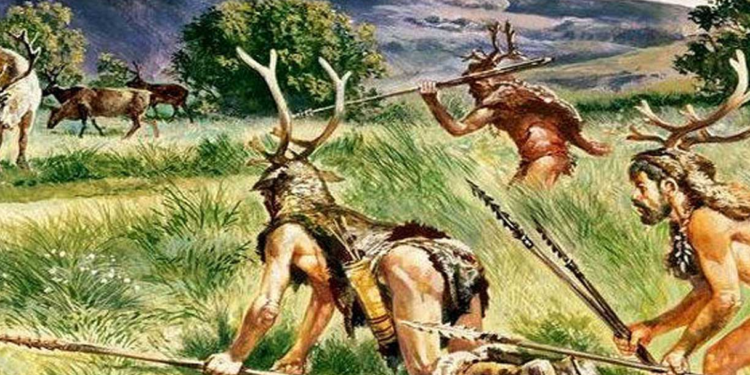Time for a mid-term review of the runners and riders for the Eco Crackpot of the Year awards. Competition gets fiercer every year, but past standards are high. Who can forget such pure barking madness in 2019 when Clemson University philosophy professor Todd May asked if mass human suicide might not be a bad thing? To be fair, he did accept that the policy would cause “significant suffering” among those who had much to lose by dying.
Exeter University Associate Geography Professor Saffron O’Neill is attracting a lot of early interest with her suggestion that news reports of heatwaves illustrated with photos of people enjoying themselves in the sun are a dangerous distraction from the realities of climate breakdown. Such images, she said, can hold the same power as tanks in Tiananmen Square. Two years ago, O’Neill said a “solution” to the dissemination of climate misinformation might be “fines and imprisonment”. Misinformation she defines as casting doubt on “well supported” science theories. It is an attempt to “discredit” climate science – the word “discredit” presumably applying to those who dispute popular hypotheses of which she approves.
Exeter University is a strong stable. Over in the politics department, computer models are being developed by Associate Professor Travis Coan to track down “climate disbeliefs”. According to the heresies being collated are suggestions that climate moves in natural cycles, the Sun plays a part, carbon dioxide was much higher in the past, CO2 starts to lose its warming effect beyond certain levels and water vapour has a part to play in the weather. The fact that Coan has simply collated the central issues facing every inquiring atmospheric scientist in the world does not seem to have occurred to the academic.
Forgive the crudity, but one can’t help feeling that O’Neill and Coan are taking the piss – or at least they would be if they were making a new craft beer in Singapore from urine and sewage. In a reported attempt to be environmentally friendly, a local brewery is using the recycled water called NEWater to produce a beer called NEWBrew. Craft brewer Brewerkz states that it is a “highly quaffable beer” that is perfectly suited to Singapore’s tropical climate, “with a smooth, toasted honey-like aftertaste”.
Moving on, Bournemouth Council deputy leader Mark Howell suggested to an environment committee in January that the “issue of the carbon footprint and methane of pets” needed to be addressed to meet a carbon neutral target. According to Howell, it was “a big elephant in the room” and politicians were afraid to raise it for fear of a backlash. Climate journalist Paul Homewood led the charge, asking if we should shoot all the wildlife that abounds in Britain. “The thought that nutters like Mark Howell can get into positions of power should frighten us all,” he understandably concludes.
One proposed solution to mitigate the extrusions of all those burping and farting animals is to fit methane filtering masks. If it was successful, it could even be applied to humans – after all, the masking habit has been catching on of late. British start-up ZELP (Zero Emissions Livestock Project) has developed a face mask for ruminants to capture a portion of methane. The initiative was awarded the Terra Carta Design Lab award, which forms part of Prince Charles’ Sustainable Markets Initiative. Journalist Ross Clark spoke for many when he commented, “I feel sorry for the cow”. He went on to note that animals don’t tend to like wearing stuff on their faces. “I should think the first thing they are going to try and do is scrape that thing on a fence post, and the fields will be left full of plastic masks,” he added.
Not that there will be many cows left if armed militias start roamed the countryside in the wake of a climate change catastrophe. This was the January prediction from a report funded by the Met Office and produced by academics at the University of Exeter (quelle surprise) and Edinburgh, in association with a forecasting group Cambridge Econometrics. In one bizarre scenario, called Regional Rivalry, the English revert to hunter-gathering and feudal warfare after 2040. Tap water becomes unsafe to drink, the NHS collapses, child labour returns, as does bartering. “Before the end of the century, military groups… rise to de facto power and compete for control and natural resources, creating their own feudal semi-independent micro-states with their own laws and means to enforce them,” quotes the Spectator.
Perhaps the Met Office ought to stick to its regular adjustments of the global surface temperature – 30% extra heating added in the last 10 years, along with decreases in past recordings. Fantastical stories seem to be its new stock-in-trade.
Chris Morrison is the Daily Sceptic’s Environment Editor.













To join in with the discussion please make a donation to The Daily Sceptic.
Profanity and abuse will be removed and may lead to a permanent ban.